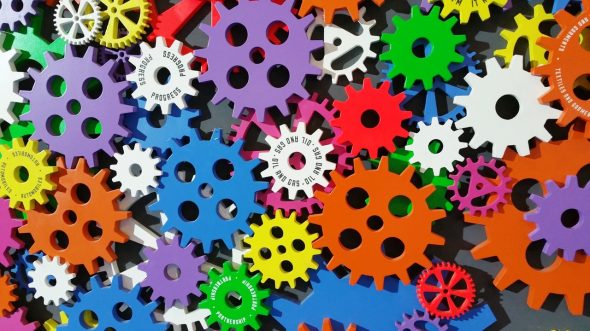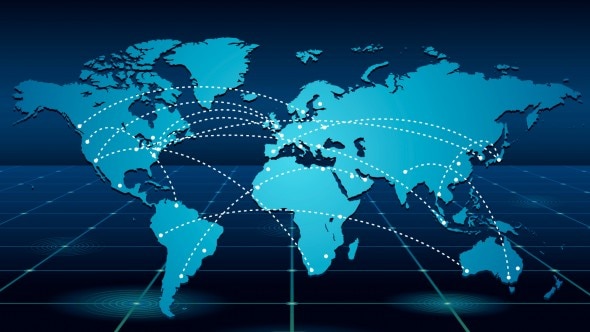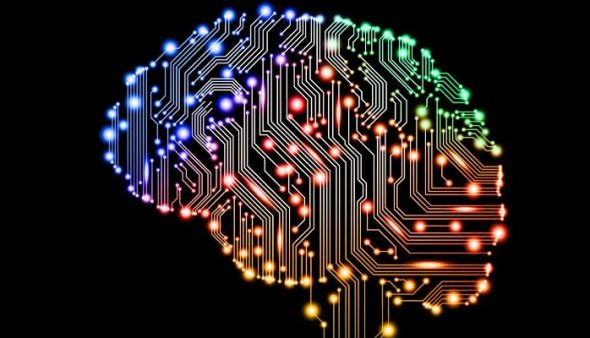Picture a world where machines (advanced analytics systems) predict bottlenecks for humans and route traffic to its most appropriate CDN and optimal proxy. This is not far from being true. Let’s take an example of a self-driving car. With the help of algorithms and sensors, a self driving car lowers the rate of accidents and gives us more time for ourselves and enables us to just relax during the ride.
What happens when thousands of people have self driving cars? Through the coordination of all vehicles traffic congestion is reduced and parking is dramatically simplified.
Book a demo today to see GlobalDots is action.
Optimize cloud costs, control spend, and automate for deeper insights and efficiency.

So… what happens when millions of people have self driving cars? Entire cities will be reshaped to reflect a system that simply works better.
The same will happen, as experts suggest, with CDNs (Content Delivery Networks).

Current Disadvantages of a CDN
CDNs, as many of us in the technology space know, play a crucial role in how the world wide web works. The current volume, variety and velocity of log files that CDNs generate can make the detection of problems and their mitigation exceedingly difficult.
As said, log files are currently the only way CDN operators gather data. To gather a specific dataset of information the log management solution needs to scan billions of customer logs, which can take days. CDN providers also have issues around visibility into the operator’s network performance. Tools like Keynote, Gomez and Catchpoint are used to measure network latency to switch to other providers if and when the need arises, but even though these insights are in real-time, the problem of correlating current issues with operator’s performance is still not resolved.
In order to overcome this problem, Content Delivery Network operators must first learn the patterns that are being repeated by their CDNs and then take action on the anomalies from the established norm – in real time. Without immediate notifications about sudden increases in bandwidth consumption at the PoPs (Point of Presence) or proxies in a network in order to take corrective action there simply won’t be time to prevent issues from growing into a full-blown problem.
Another problem is CDN system upgrades. When running A/B tests on specific segments of proxies the best thing to be doing is to iteratively deploy segments of proxies in a network in order to take corrective action. The real-time visibility for detecting HTTP errors, IO access or cache churn rates is today still non-existent. This has a direct impact on how quickly are CDN providers evolving.
The best example of this is a direct quote from David Drai, founder of Anodot. David said that one of the main cases he remembers is the one that’s linked to a version release:
“We had this bug that we didn’t uncover during an A/B test of the version and we released it to all network proxies. As the person in charge, it was a complete disaster.”
– David Drai, founder of Anodot

Predicting the future with Machine Learning
Predicting bottlenecks in an internet router not based on simple BGP rules but on actual science is not that far from being true.
Data analytics technologies are increasingly becoming an important part of every IT environment and the next step is running queries on top of these data engines – this works something like Google Analytics but for CDN providers. Again, as great this is, it still involves a lot of human interaction in order to work – and humans can’t address all problems, especially in real time.
The end-solution to this is automating data-based learning to make predictions. This involves data recognition algorithms and predictive analytics. The key here is zero human configurations.
The underlying BGP ecosystem (AS, DNS, IP Addresses) and networking in general came into being 30 years ago and will cease to exist in a few years because they are hindering progress. The replacement for this is i-MLRP (Infinite Machine Learning Routing Protocol) which will replace the problem of packets in the BGP ecosystem with a structure that incorporates intelligence, security and machine learning thus ending DDoS attacks, VPN services and the usage of multiple ports (which ends congestion) forever.

The state of the industry and the Machine Learning Wars
The industry as a whole has fallen behind in machine learning, but The Cloud Trio (Amazon AWS + Azure + Google) have made some amazing breakthroughs for their machine learning ecosystem. This, of course, is a chance for the trio to capture more spend in the CDN industry. Another factor is the ever-increasing adoption of the cloud, and moving to the cloud also includes a huge role for CDNs.

Amazon AWS dominates the cloud market and Google dominates the AI (Artificial Intelligence) market. The learning algorithm, deep neural net, recurring neural net, convo neural nets, supervised learning, unsupervised learning, classifiers, and everything else that Google has developed in the machine learning field is the new CDN feature. Having a learning algorithm that shows a highly customized page to a visitor and improves the conversion rate is also one of the powers of Machine Learning.
Google has definetly performed one of the biggest feats in the history of technology with their new AI breakthroughs, but where they lack raw power is in their PoPs (Point of Pressence) infrastructure. This gives options to other CDN providers to use the open source machine learning technologies (that are openly available to everyone) which will enable them to use their advantage of infrastructure to develop their own machine learning ecosystems.
Conclusion
A lot of industry giants in the CDN industry have fallen behind with Machine Learning innovations and they need to make a decision fast to adopt a machine learning product strategy to overcome the current CDN disadvantages. The availability of the open-source machine learning technologies enable the CDN industry giants to gain advantage over companies that are dominating the AI field purely because of their existing architecture. It’s safe to say that people with Masters in Mathematics and Computer Science are able to do a fine job of creating or optimizing the required algorithms which enables everyone in the industry to compete on this market by upgrading their existing CDN operations.
If you’re considering CDNs (or Multi CDNs) for your company or business and want to join us on the cutting edge in technology for the implementation of CDNs – we’re available 24/7. We work with iconic brands like Avast, Lamborghini, Ferrari, Lufthansa and many more to improve their web performance and deliver the best experience for their customers.
Sources:
StreamingMedia Blog
Bizety Blog






